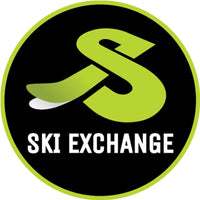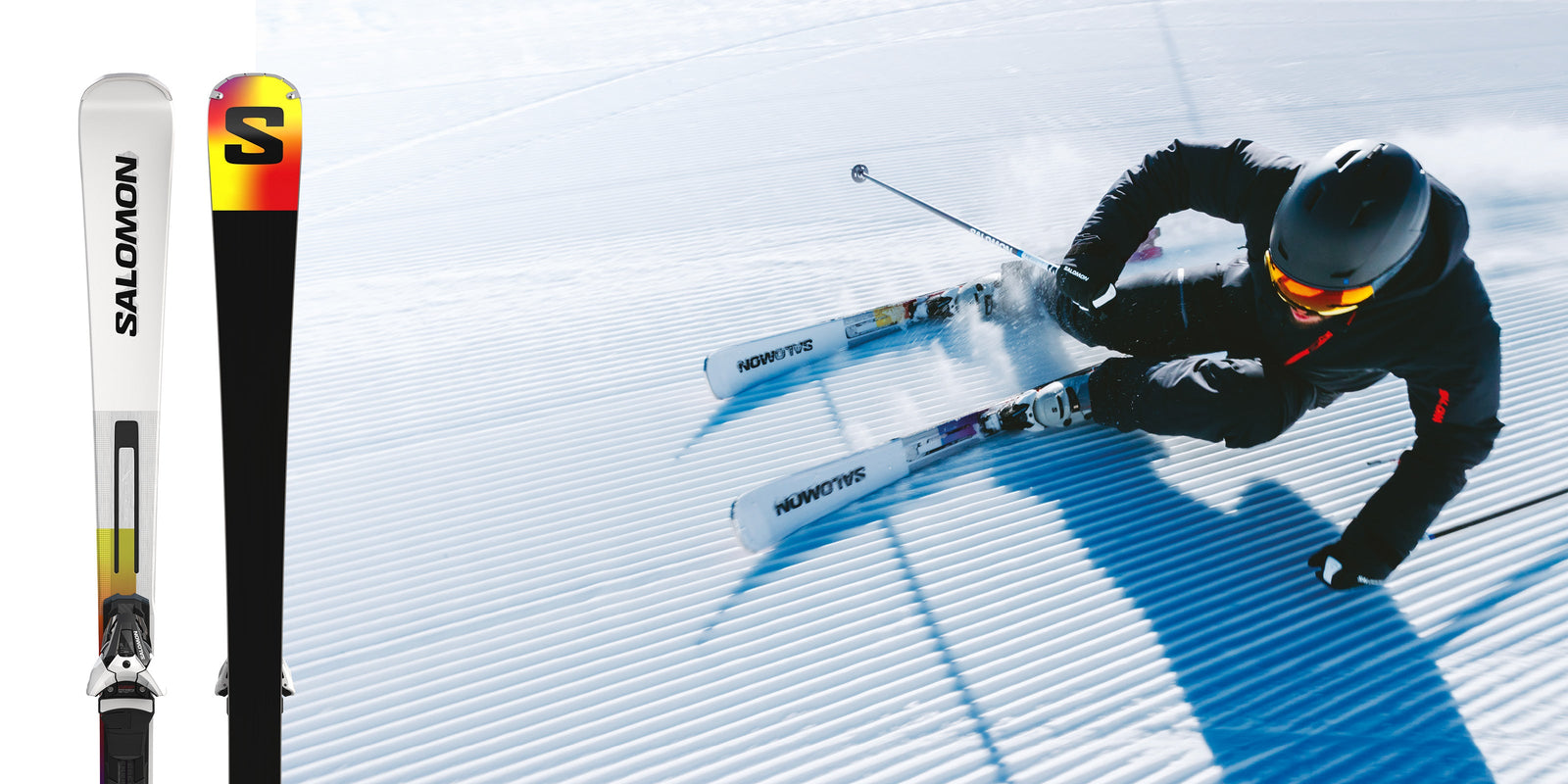Whether you’re looking to a UK ski shop like ours specifically for skis and/or other essential ski equipment such as helmets, goggles, or boots, you will naturally want to invest in the right items for your requirements and circumstances. It’s all about helping to ensure you have the most rewarding possible experience on the slopes, wherever and whenever you next ski.
Some of the factors that should influence your decision-making, however, will be less obvious than others. So, for today’s blog post, we decided we would take you through a few of the most vital priorities to keep in mind.
Your budget
It’s difficult to have a conversation for very long about the process of choosing and buying ski equipment, without touching on budgetary concerns.
Of course, you won’t want to invest in overly cheap ski equipment that represents a false economy in terms of its durability and longevity. But there are still some ways in which you can potentially save money, depending on your situation and circumstances.
If, for example, you’re new to skiing, it is generally better to opt for cheaper ski equipment. Pricier ski gear is frequently stiffer or lighter, which can make it trickier for novices to learn on.
Your skiing ability
The skier’s specific level of ability used to be more important when it came to the task of selecting skis and other ski equipment. In recent years, the evolution of ski technology has made it easier to match one’s ski equipment and setup to their skiing style and terrain.
However, it’s still a good idea to have a conversation with the staff at your chosen UK ski shop, as they can help find you skis and other items that will work well for your ability level.
Levels of skiing ability can be broadly summed up as “beginner”, “intermediate”, and “advanced”. You might use the below as a guide:
- If you haven’t yet gone skiing, or if you have only done so a few times in the past, you can safely consider yourself at the “beginner” level. You might have got to grips with controlling your edges and linking turns, but not much else. If this describes you, skis with narrower widths and softer flex are likely to serve you best.
- You can probably declare yourself to have reached the “intermediate” level if you have gained some confidence in your turning and stopping ability and have begun to adeptly take on multiple terrains.
- Whether it’s particularly steep inclines or icy pistes, if you’re confident and competent in charging at speed through a diverse range of snow conditions and terrains, you can almost certainly regard yourself as an “advanced” skier.
Your riding style and favoured terrain
Of course, you can ride any skis on any terrain. However, skis do tend to be designed for a particular style and terrain, so this is something to bear in mind when deciding.
If, for instance, you intend to spend a lot of time off-piste, you might opt for skis that have a stiffer flex and slightly greater length, to give you stability at speed.
Alternatively, you might be looking to glide down pistes that have been freshly groomed, or you may be eager to practise your tight turns. In this case, you may seek out skis that are fairly narrow at the waist to allow for swift and responsive turning.
The location(s) you will be skiing
When it comes to choosing between different types and shapes of skis, you will also need to think about where you will spend most of your time skiing.
If, for instance, you plan to ski entire mountains, the right pair of all-mountain skis will surely do the job nicely. Skis of this type are designed to take on basically any conditions you can expect to encounter, including powder, ice, and heavy snow.
However, there are other potential circumstances in which piste/carving skis, powder skis, or alpine touring skis would likely make the greatest sense.
Why wait any longer to peruse our complete UK ski shop at Ski Exchange – and discover the skis, boots, poles, and other essentials that will work best for you? If you’re unsure as to which ski products could be the right match to your needs, it is also easy to contact us.

